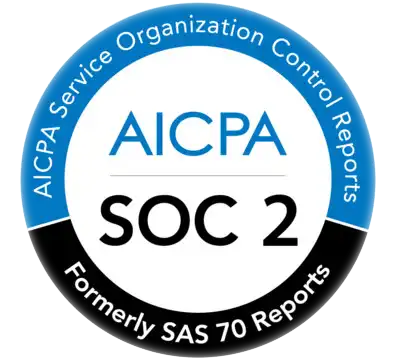In a landmark enforcement action, the Financial Crimes Enforcement Network (FinCEN) has levied a staggering $1.3 billion penalty against TD Bank for violations of the Bank Secrecy Act (BSA). This unprecedented fine, announced on October 10, 2024, marks the largest penalty ever imposed on a depository institution in U.S. Treasury and FinCEN history.
The Allegations
According to FinCEN, TD Bank willfully failed to implement and maintain an anti-money laundering (AML) program that met the minimum requirements of the BSA. The bank’s failures were both systemic and long-standing, spanning over a decade. Some of the most egregious violations include:
- Insufficient processing of peer-to-peer transactions, including those indicative of human trafficking.
- Allowing significant backlogs of potentially suspicious activity to persist.
- Failing to address funnel account activity involving high-risk countries.
- Inadequate detection of suspicious activity involving the bank’s own employees.
The Impact
The consequences of TD Bank’s AML failures are severe. The bank allowed trillions of dollars in transactions to go unmonitored annually, failing to file Suspicious Activity Reports (SARs) on thousands of suspicious transactions totaling approximately $1.5 billion. In one particularly alarming case, TD Bank facilitated over $400 million in transactions for an individual who later pleaded guilty to money laundering related to narcotics trafficking.
FinCEN’s Response
In addition to the record-breaking fine, FinCEN has imposed several other measures:
- A four-year independent monitorship to oversee TD Bank’s required remediation.
- Engagement of an independent consultant to conduct a historical analysis of transaction data (a “SAR lookback”).
- An independent, end-to-end review of TD Bank’s AML Program.
- Accountability and data governance reviews, a first for FinCEN enforcement actions.
Implications for the Banking Industry
This enforcement action sends a clear message to financial institutions: AML compliance is not optional, and the consequences of failure can be severe. Banks must ensure that their AML programs are not just in place, but are effective, well-resourced, and responsive to emerging threats.
Key takeaways for financial institutions include:
- Proactive Risk Management: Banks must actively identify and mitigate AML risks, particularly in high-risk areas like peer-to-peer transactions and funnel accounts.
- Resource Allocation: Adequate staffing and technological resources are crucial for maintaining an effective AML program.
- Employee Oversight: Internal controls must extend to monitoring employee activities to prevent insider facilitation of money laundering.
- Timely Reporting: Prompt filing of SARs and accurate CTRs is essential for assisting law enforcement efforts.
- Culture of Compliance: Financial institutions must foster a strong culture of compliance from top to bottom.
Conclusion
The TD Bank case serves as a stark reminder of the critical role financial institutions play in safeguarding the integrity of the global financial system. As criminals and illicit actors continue to evolve their methods, banks must remain vigilant and proactive in their AML efforts. The cost of non-compliance, as TD Bank has learned, can be astronomical – both financially and reputationally.
For the broader financial industry, this case should serve as a catalyst for a thorough review of existing AML practices. It’s clear that regulators are taking an increasingly hard line on AML violations, and the stakes have never been higher.






